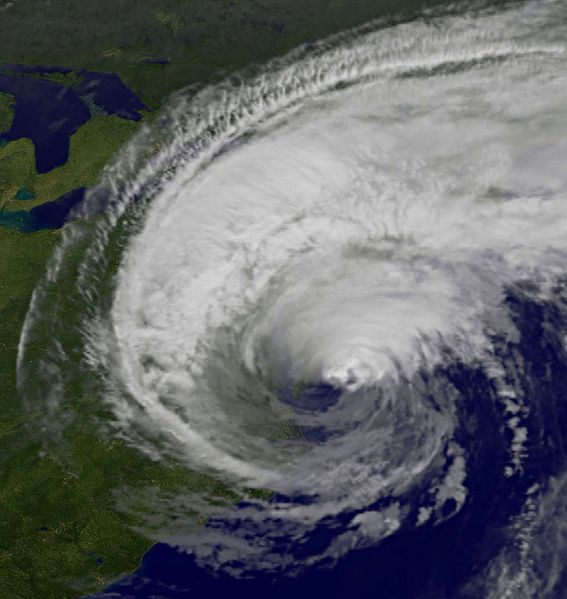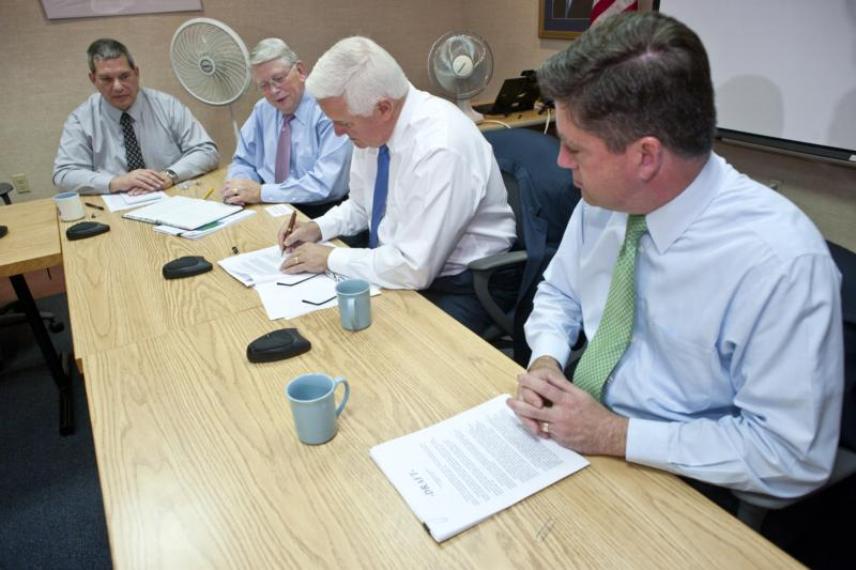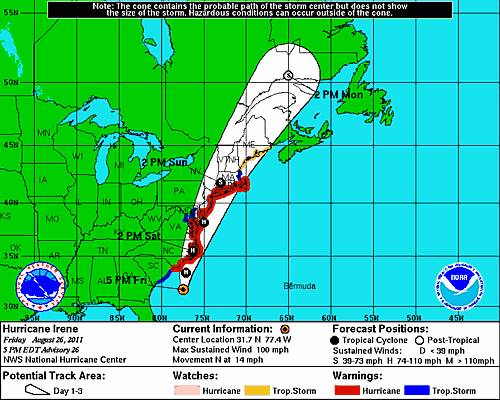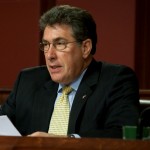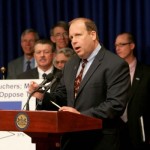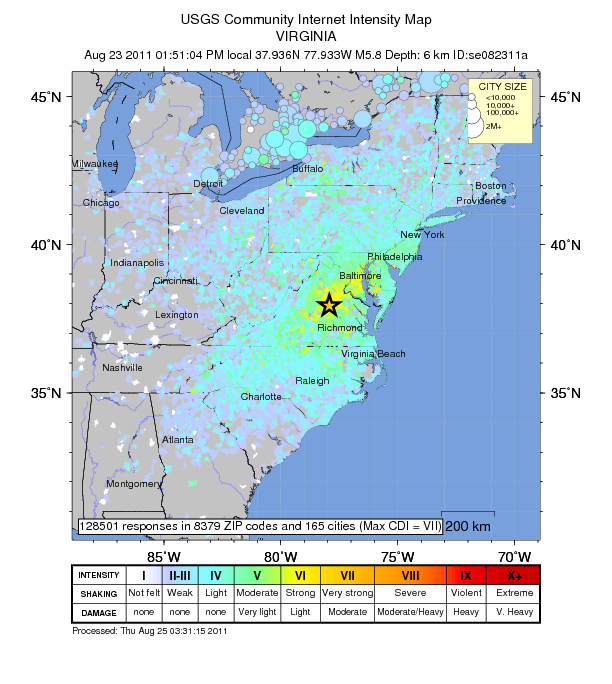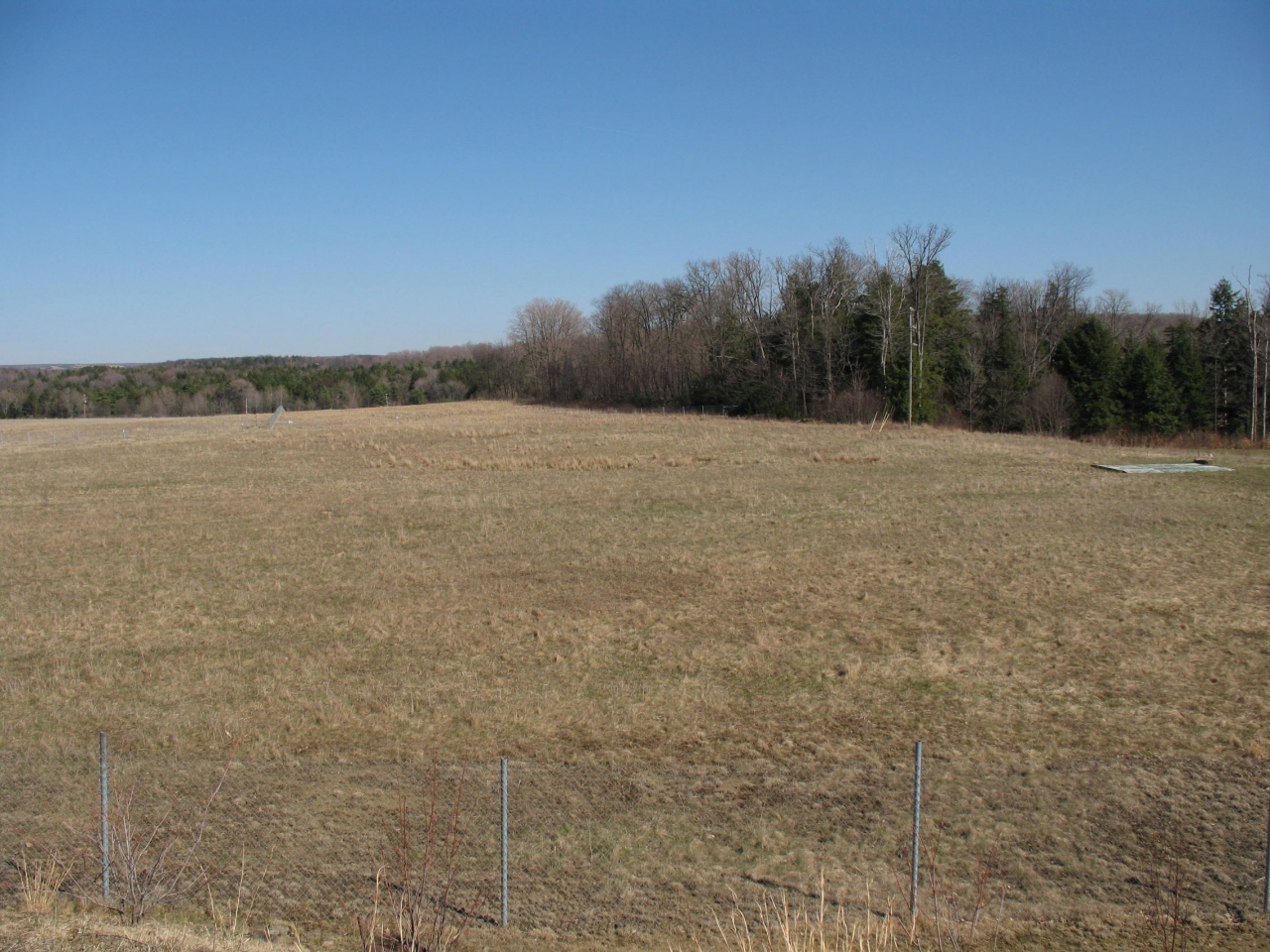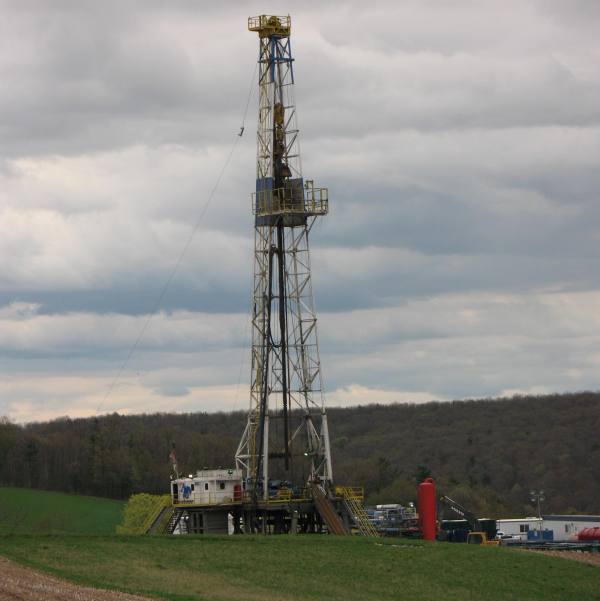Utilities in the path of Irene have been busy preparing for the storm, transferring crews and even having tree trimming crews available if the hurricane causes damage to the power grid. They urge customers to call if they lose service during the storm, and not just assume the utility knows because the whole neighborhood is out.
PECO spokeswoman Cathy Engel Menendez says the emergency number is 1-800-841-4141. She says they’re suggesting customers have a flashlight, battery powered radio and extra batteries in case service is lost during the storm.
Engel Menendez says customers should stay away from damaged equipment or downed wires. She says even if power is out in a neighborhood, a wire could still be live. Those conditions should be reported immediately.
Engel Menendez says if you have to use a generator; keep it outside and away from windows and never connect it directly to the home’s wiring or a household outlet. She says if the generators are connected that way, they can feed electricity back into PECO’s system, creating a dangerous risk for utility crews who are working to restore service.
PPL spokesman Kurt Blumenau says the utility is bringing in crews from Kentucky to help with storm clean up if needed. He also emphasizes that people need to stay away from downed power lines as well as electrical equipment that may be underwater. PPL’s emergency service number is 1-800-342-5775.
Scott Surgeoner, spokesman for First Energy, says they expect to have the most impact on the Eastern Pennsylvania and New Jersey portions of their service area. They have been moving crews from their western service territory to their eastern territories, including those from West Virginia, Western Pennsylvania and Ohio. The utility also has two meteorologists on staff.
Surgeoner says if Met Ed customers or other First Energy customers experience an outage, they should call 1-888-544-4877. He says all outages should be reported, because the more who report, the sooner they can pinpoint the exact location of the outage problem.
Surgeoner says if you lose power, keep freezers and refrigerators shut unless you have to get something out. He says a freezer can keep foods fresh up to three days if it’s not repeatedly opened. State Health officials say you should check the temperature of the freezer with a thermometer as soon as power is restored.
Telephone and Wireless service providers have also been preparing for the storm. Network engineers and facilities people are ready to deploy equipment as needed to help with communications needs according to Verizon Wireless. Spokesman Sheldon Jones says they plan year-round for these types of situations and they’re confidence the network will perform well.
But as the recent earthquake shows, wireless networks can experience delays. Jone says when you have hundreds of thousands of people calling at one time, some calls may not get through until the congestion clears. He says people should limit the amount of non-emergency calls they make as the storm hits, and try texting when volume is heavy.
Jones says they’ve been communicating with government agencies and first responder agencies to assist with their communication needs during the emergency.
He says customers should keep their wireless phones fully charged in case power is lost, and it’s also a good idea to have back up batteries charged and ready. He says people with smart phones can download apps that provide critical weather-related and safety information. He says many of these apps are free and people should take a look at them if they have a smart phone or a tablet.
Verizon provided these tips for landline and wireless customers:
Wireless customers should:
· Keep phones, batteries, chargers and other equipment in a dry, accessible location. Consider waterproof accessories or simple zip-lock storage bags to protect devices.
· Keep wireless phone batteries fully charged – in case local power is lost – well before warnings are issued.
· Have additional charged batteries and car-charger adapters available for backup power.
· Maintain a list of emergency numbers – police and fire agencies; power and insurance companies; family, friends and co-workers; etc. – and program them into your phone.
· Distribute wireless phone numbers to family members and friends.
· Use a service such as Backup Assistant, the free Verizon Wireless application that stores a phone’s address book on a secure server in case the phone is lost or damaged.
· Limit non-emergency calls to conserve battery power and free up wireless networks for emergency agencies and operations.
· Send brief text messages rather than voice calls for the same reasons as above.
· Forward your home phone calls to your wireless number if you evacuate.
Landline customers who rely solely on cordless phones in their home should consider purchasing an inexpensive hard-wired phone that plugs directly into a wall jack. Cordless phones will not function without commercial power.
Residential customers should contact Verizon on line or at 1-800-VERIZON to report any service-related issue. Business customers should contact their regular customer service centers or account teams as needed. Verizon Wireless customers can call *611 from their wireless device or 1-800-922-0204 to report any service-related issue.


